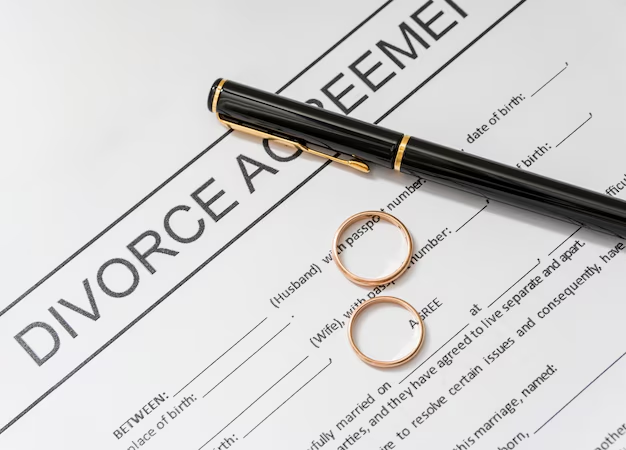
DIFFERENCE BETWEEN GUARDIANSHIP AND CUSTODY OF A CHILD
You may be wondering if there’s a difference between having custody verses having guardianship of a child. Although these are similar legal concepts, they actually differ in a number of ways.While the terms custody and guardianship often become enticed in conversation, there is a big difference. The central difference between custody and guardianship is that custody is a legal agreement concerning the parent-child relationship. In contrast, guardianship involves findingadditional support for parents who are not physically able or stable enough to care for themselves or their children.
WHAT IS CUSTODY ?
Custody refers to the legal relationship between a child and the child’s parents, most often the child’s biological parents. Broadly, it is a legal arrangement that stipulates who maintains and cares for a minor child. The most common case in which questions of custody arise is when parents divorce or separate.There are two kinds of custody:-
* Physical Custody - Physical custody has to do with the daily life of the child and can include living arrangements, medical care and other basic needs.
* Legal Custody - Legal custody on the other hand, pertains to making major decisions on the child’s behalf.
Based on these differences, it may even be the case that a parent has partial physical custody of a child (being allowed to live with them and spend time with them for certain periods) but not legal custody of the child (not being legally allowed to make any official decisions on the child’s behalf).
WHAT IS GUARDIANSHIP ?
A guardianship will often be set up because a child who is younger than age 18 needs another person to make legal decisions for them. Guardianship primarily involves setting up help for people who are incapacitated, meaning not mentally or physically capable of taking care of themselves. And in the case of someone who is 18 or older, adult guardianship is an option to consider.
Guardianship differs from custody in that a guardian can make physical and legal decisions for the child. In certain ways, a legal guardianship is similar to an adoption, but in a legal guardianship, the child’s biological parents are still legally considered the child’s parents. Technically, parents can also be guardians, but in this case, parents retain all of their parental rights and responsibilities. (In an adoption, they would surrender their legal rights.)
Legal guardians are to act in the child’s best interests when the parents are unable to do so. Reasons can include death, incapacitation or incarceration, among others. It is possible that legal guardians will be relatives such as an aunt, uncle or grandparent.
APPOINTING GUARDIANS &CUSTODIAN
When it comes to custody, only a court is permitted to grant custody over a child. If court action is required, a parent can make recommendations, but the judge gets the final say about who will be appointed.
For guardianship, the final determination is also made in court, but parents may also be able to name an appointment. For example, a parent who has been incarcerated has a right to appoint someone they see as fit to stand in their place as a guardian. However, the parent may not transfer custodial rights and obligations without a court process.
Both scenarios involve filling out necessary paperwork that shows that the best interests of the child are central to the proceedings, and of course, the associated legal costs. Once the paperwork is filed in court, there will be meetings arranged between the child and all potential parties involved.
DIFFERENCE B/W GUARDIANSHIP & CUSTODY
The specifics of custody and guardianship vary from state to state. But, in general, the main differences between the two are who can take on each role, that person's main responsibilities and the length of the arrangement.
As we Know that custody is granted to parents or to someone with a parent-like relationship to a child; guardianship is appointed to someone other than a parent.
While legal custodians are responsible for making all important decisions for a child, guardians face more limits. Generally, a guardian only makes everyday decisions affecting the child's care and welfare.
Even though a court can change custody at any time until the child comes of age, final custody orders are regarded as permanent. Guardianship, on the other hand, is often temporary. For instance, if a parent is sick they may appoint a guardian until they recover.
SIMILARITIES B/W GUARDIANSHIP & CUSTODY
There are significant similarities between guardianship and custody. Both are legal relationships to a child, and both are determined by a court.
Generally, the daily duties of a guardian and a custodian don't look too different. These include:
* Providing the child with food, clothing, housing, education and medical care
* Protecting the child from harm
Whether deciding a guardian or a custodian, a court's main concern is always the child's best interest.


